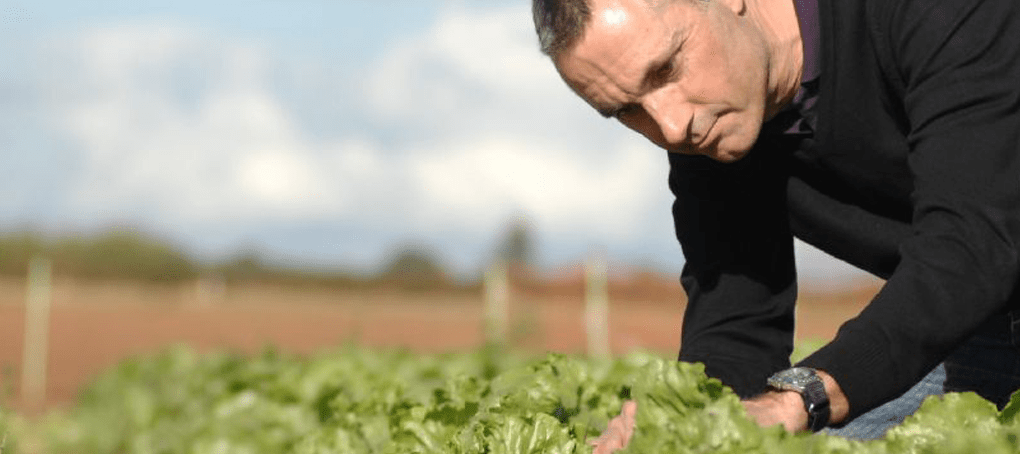MSc Sustainable Crop Production: Agronomy for the 21st Century

Crop agriculture provides mankind’s increasing population with foods, fibres and fuel - this course provides knowledge and practical skills in crop management and crop improvement. You will gain a combination of practical skills and academic understanding to develop a critical and creative mindset. You will learn the principles of crop production and the latest advances in plant pathology, integrated pest management and soil health.
"Warwick is a highly reputable university with a fantastic range of facilities and has a great student atmosphere around campus. The best thing about the course were the lecturers, with each one having a real passion for their area of expertise. The best thing about Warwick were the people on the course."
Harry Tricklebank
Video courtesy of www.postgraduatesearch.com
Course Structure
You will take 8 core modules, up to 2 optional modules and an individual research project, placement or dissertation.
Depending on your academic background you will find elements of some modules harder, or easier, than others.
Assessment
Module assessment is by coursework and exam. Assessment is continuous and varies between modules. It includes:
- essays
- seminar presentations
- practical reports
- oral evaluation
- assessed group work
The project will be assessed by a seminar presentation and a dissertation.
Project Dissertation
The research project, placement or dissertation is a substantial piece of original work. The project normally requires 3 months of enquiry and data collection, and one month writing up.
See Teaching and Learning for more information.
Please see our FAQs page for part-time route information.
Career Opportunities
You will acquire the skills necessary for career paths in the agriculture of crops, agronomy, crop trial management, and as policy development officers, technical commodity specialists and professional advisors. You will also be able to join sales teams for fertiliser, agrochemical and other specialist supply companies.
We expect graduates to become the industry’s future managers and leaders. Alumni have gone on to study for a PhD or, for example, into agronomy and agricultural consulting.
Career destinations include:
- Regional Technical Agronomist at Bayer CropScience
- Trainee Agronomist at Valley Produce Ltd
- Trainee Product Technologist at Berry World
- Trainee Agronomist at Agrovista
- Crop Trialist at Eurofins
- Agronomist and Agricultural Consultant at Agrinig, Nigeria
- Senior Field Technician at University of Warwick
Find out more from our student profiles.
Modules
Core modules
- Advances in Crop Protection
- Cereal, Oilseed and Root Crop Agronomy
- Soil sustainability and the Environment
- Plant Breeding & Trial Design for Registration
- Introduction to BASIS Crop Protection
- Climate Change
- Crop Physiology & Production
- Organic & Low Input Systems
- Project / Placement
Optional modules
Subject to availability
- Biodiversity, Conservation & Ecosystem Services
- Biological Invasions in Changing Environments
- Climate Change and Development (Law)
- Business Strategy
- Marketing Management
- Challenges of Global Food Security
Additional vocational training
PA1 - Safe Use of Pesticides is included with the module HR930 Introduction to BASIS Crop Protection.
PA4 - Pesticide Granule Application can be arranged if requested. This carries an extra cost to the student to cover additional training by external specialists and examination.
PA6 - Knapsack/Hand-held applicators can be arranged if requested. This carries an extra cost to the student to cover additional training by external specialists and examination.
Our course and module content and schedule is continually reviewed and updated to reflect the latest research expertise at Warwick. So it is therefore very important that you check back here for the latest information before you apply and when you accept an offer (as set out in our terms and conditions).
Course enquiries
Tel: +44 (0)24 765 23540
Chat to us live
Register for our live chats with School of Life Sciences staff.
Visit us
Book to visit us on one of our Open Days or for an individual visit.
Watch our video
Hear our students and staff talk about study at Life Sciences.
